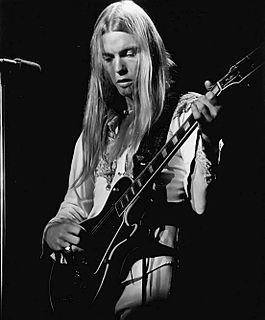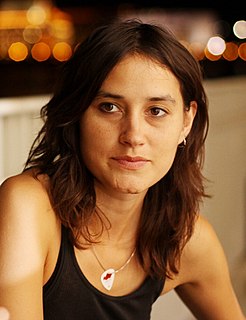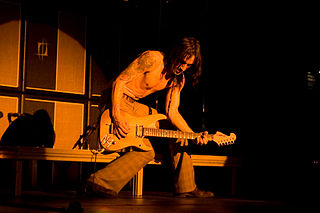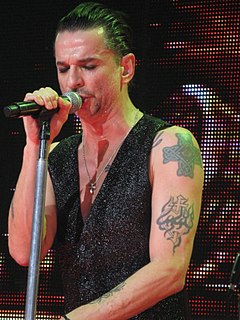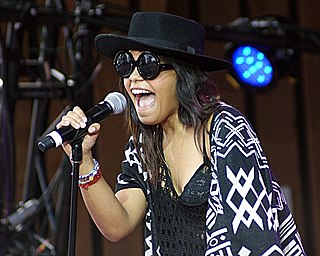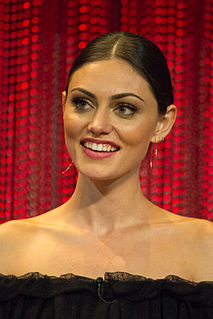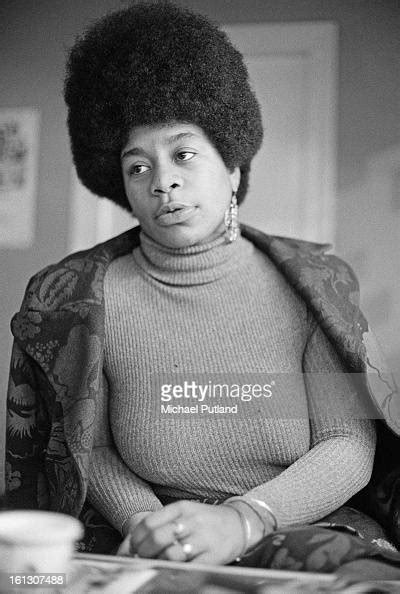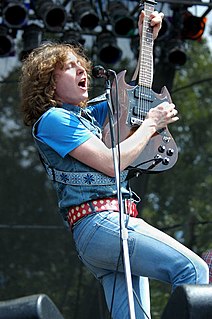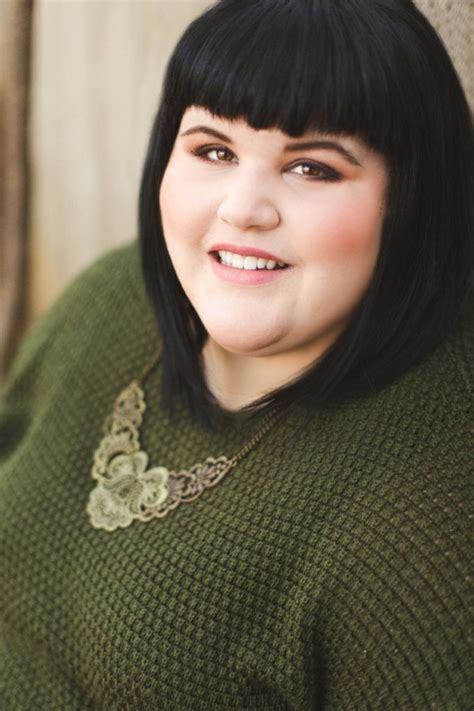A Quote by J. Robbins
One of my favorite things as an engineer is watching a band get comfortable in the studio and getting a great take. Like, they're playing the song, warming up, and then suddenly, the communication really happens and everybody's really in the song, and they nail it, and then that's the take.
Related Quotes
All those experiences were a chance to learn more about music. Playing with the Valley band is like such a "live" band. I mean, really, in many ways Bright Eyes is really a studio project. We form bands to tour, but it really is - you know, we take the songs and we figure out how to decorate them and it's all in the studio, we build the songs that way. Whereas Mystic Valley Band was the exact opposite, where everybody knows what they are gonna be playing on the song and there's sort of a general stylistic approach, and then it's just plug in and play.
You take all the time to write a song: you have to let it ooze on out by its natural self and that is pretty time consuming. Then you teach it to the band so everybody gets all the parts. Then you rehearse it and road test it, and all that. Then you get to the studio and there is a new guy in the band who calls himself the producer, right? Huh. He either makes it or breaks it usually before nightfall.
We haven't started playing it live yet but we're going to. And then 'Warpaint' is a song that's really, really close to me because it's actually - we've had that song for many years now and it's changed so many times, it's been through every reincarnation of our band with every drummer, with sometimes with me playing drums, it was when we were a three-piece, every incarnation of the band that we've had we have played that song.
I was lucky enough to grow up in an era when radio was less formatted. It was really special. You could hear a jazz song then a pop song then a show tune then some jazz. Basically, whatever the DJ felt like playing, he would play. He was educating you and exposing you to things you would never hear otherwise.
I'm not that type of musician where I can sit down at the piano and work out a song; I actually really enjoy that process of sitting with somebody and having nothing and then suddenly something starts appearing. You struggle with it, and then suddenly a song starts to appear. Then, you've got to try and muscle it - there's that word again - into something and you do. You tussle with it and play with it and roll around with it and suddenly, magically, something appears.
There are all these awards that you've never heard of, and you get nominated, and suddenly you're at these awards shows, so you really don't care if you win. You really don't. You're going there, you're getting dressed up. And then you get to the awards show, and you sit down. You walk the red carpet. Everybody loves you. It's great. You sit down, and all of a sudden your category comes up, and you get nervous. And it's a complicated emotion, because it's not like you absolutely want to win, but then you don't want to lose.
I have a notebook that I take with me everywhere. I free-write in it when there are situations that I know I can write a song about. I will just start writing everything that I can think of while trying to write some things that are kind of poetic or sound like they could be in a song. Then, after the music is written, I go back and look at my subjects to see which one I think woud go with what music. Then, I formulate it into a melody and get the song.
I've been on a real Credence Clearwater kick. I've been collecting their albums on CD -- right now I really like 'I Put a Spell on You.' I don't know who actually wrote it; it might be a traditional, or like, an old blues song, I haven't looked in the liner notes, but it's the first song on their first album. I love all the hits; I mean @#$%&, I like every one of them. I think my favorite song by John Fogerty is 'Have You Ever Seen the Rain?' They're my favorite American band of all time, totally.
I'd spent five hours that morning trying to write a song that was meaningful and good, and I finally gave up and lay down. Then, "Nowhere Man" came, words and music, the whole damn thing, as I lay down...Song writing is about getting the demon out of me. It's like being possessed. You try to go to sleep, but the song won't let you. So you have to get up and make it into something, and then you're allowed sleep.


